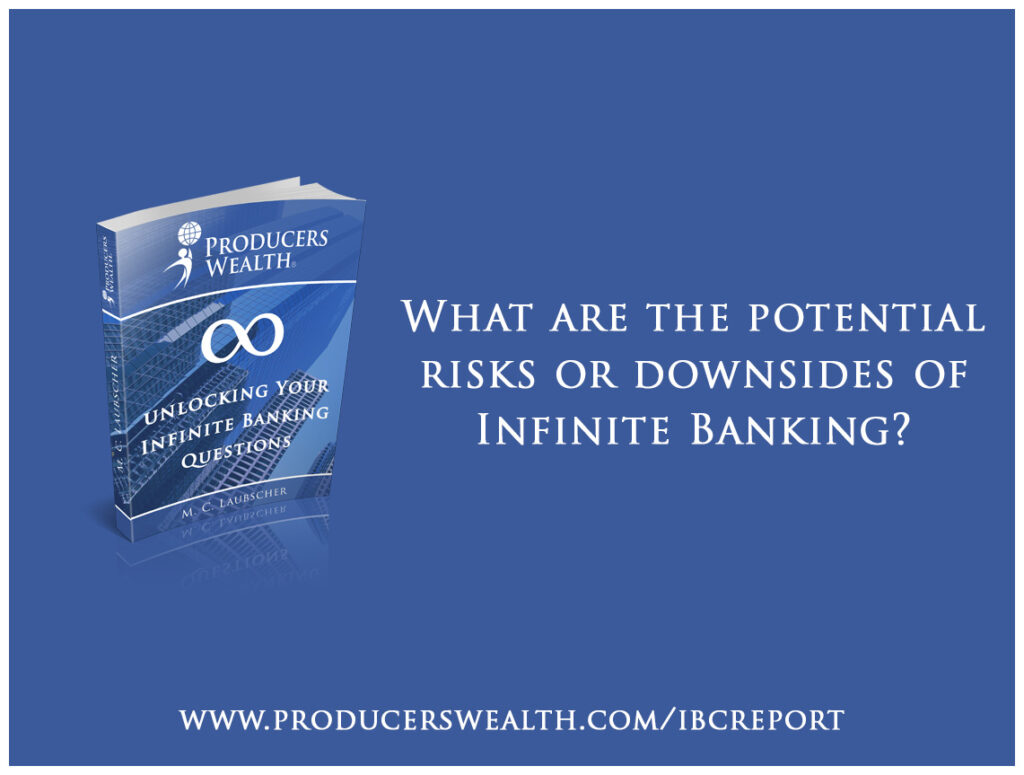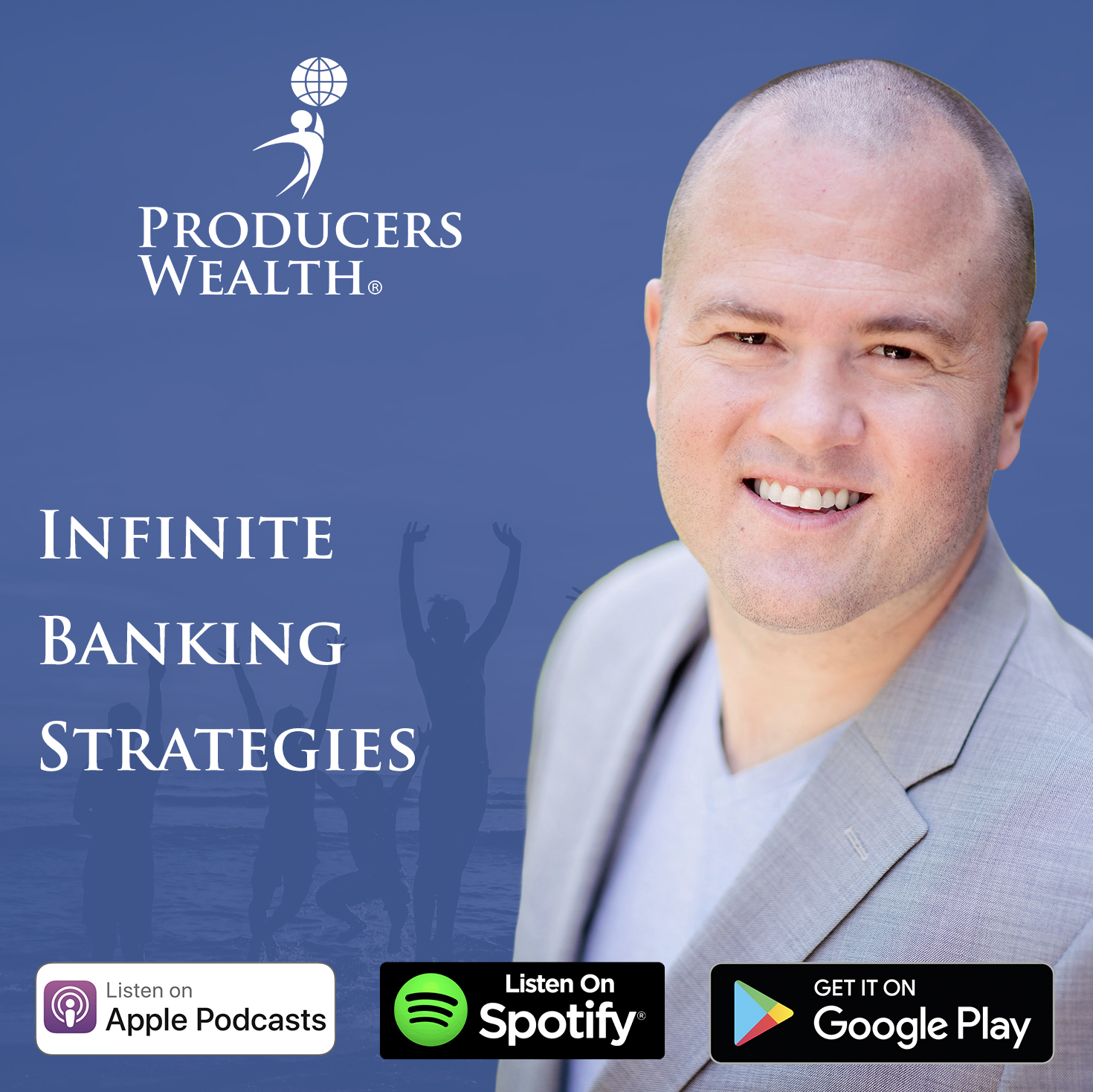
Infinite banking can be a useful financial strategy for some individuals and business owners, but it also comes with potential risks and downsides.
It’s essential to consider these factors when deciding whether to adopt an infinite banking approach:
Complexity: Infinite banking involves managing a whole life insurance policy, which can be more complex than other financial products. Policyholders must understand the policy’s features, including premiums, cash value accumulation, dividends (if applicable), and policy loans. This complexity may be challenging for some individuals to navigate without the help of a knowledgeable financial advisor.
Long-term commitment: Infinite banking is a long-term strategy that requires consistent premium payments over many years to build the cash value in the policy. This long-term commitment may not be suitable for individuals with short-term financial goals or those who cannot maintain consistent premium payments.
Initial cash value growth: The cash value in a whole life insurance policy typically takes several years to grow significantly due to the policy’s cost structure. In the initial years, a substantial portion of the premiums goes towards insurance costs, policy fees, and commissions, leaving less for cash value accumulation. This slow growth may not meet the expectations of those looking for faster returns on their investments.
Opportunity cost: Premiums paid into a whole life insurance policy could potentially be invested elsewhere for potentially higher returns. The cash value growth in whole life policies is generally conservative and may not keep pace with other investment options. Policyholders must weigh the benefits of infinite banking against the potential returns from alternative investments.
Policy loans and interest: While policy loans from a whole life insurance policy can provide a flexible source of funds, they are not without cost. Interest is charged on the outstanding loan balance, which, if not repaid, can reduce the policy’s cash value and death benefit. Failure to manage policy loans responsibly can negatively impact the policy’s performance and overall financial strategy.
Cost of insurance: Whole life insurance premiums are generally more expensive than term life insurance premiums due to the lifetime coverage and cash value component. The higher cost may make it difficult for some individuals to maintain the policy and fully benefit from the infinite banking concept.
Liquidity: Although whole life insurance policies offer a cash value component that can be accessed through policy loans or withdrawals, accessing the funds may take several days or weeks. This lack of immediate liquidity may not be suitable for individuals or businesses that require quick access to funds. You can have access to your funds through a policy loan in 48-72 hours but your policy does not come with an ATM card.
Watch all of our educational videos on Infinite Banking here.
Disclaimer and Waiver
Michiel Laubscher & Laubscher Wealth Management LLC is not an investment advisor and is not licensed to sell securities. None of the information provided is intended as investment, tax, accounting, or legal advice, as an offer or solicitation of an offer to buy or sell, or as an endorsement, of any company, security, fund, or other offerings. The information should not be relied upon for purposes of transacting securities or other investments. Your use of the information contained herein is at your own risk. The content is provided ‘as is’ and without warranties, either expressed or implied. Michiel Laubscher & Laubscher Wealth Management LLC does not promise or guarantee any income or specific result from using the information contained herein and is not liable for any loss or damage caused by your reliance on the information contained herein. Always seek the advice of professionals, as appropriate, regarding the evaluation of any specific information, opinion, or other content.





